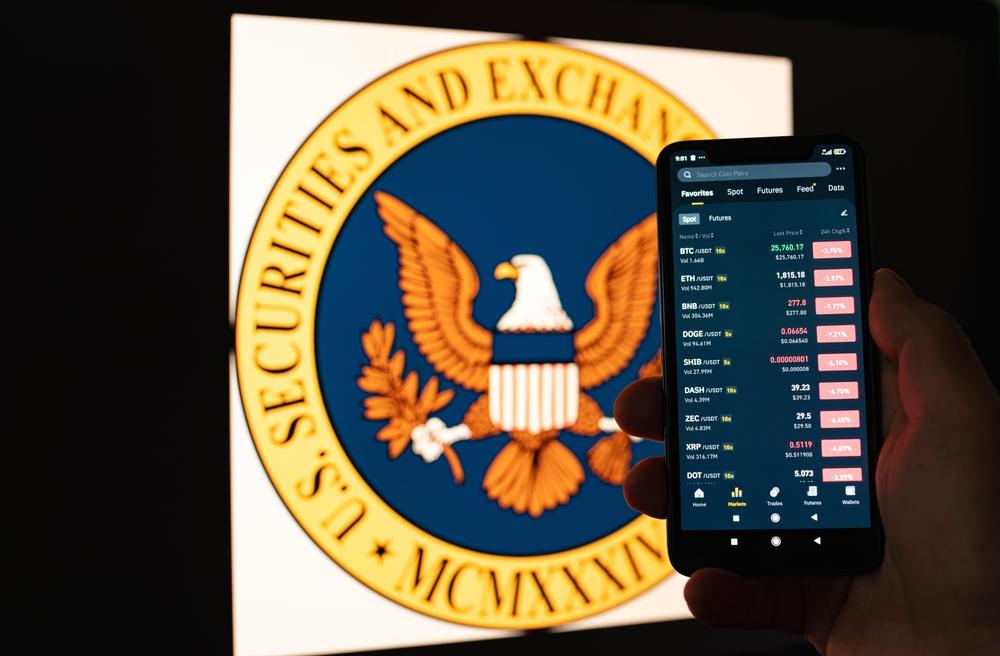There has been a significant surge in reporting related to convertible virtual currencies (CVCs), director of the Financial Crimes Enforcement Network (FinCEN) Kenneth Blanco said recently.
In May, FinCEN issued its crypto guidance, Application of FinCEN’s Regulations to Certain Business Models Involving Convertible Virtual Currencies (CVC), in order to provide regulatory certainty for businesses and individuals in the sphere of cryptocurrencies.
Speaking at the American Bankers Association/American Bar Association Financial Crimes Enforcement Conference, Blanco said:
“Since FinCEN issued its CVC advisory and guidance, we have seen a significant increase in reporting related to CVC—more than 11,000 SARs [Suspicious Activity Reports] in that time. Of these, approximately 7,100 (two-thirds) are from CVC entities including kiosks, exchanges, and peer-to-peer exchangers.”
He said that the regulator is seeing an increase in filings from exchanges identifying potential unregistered, foreign-located money services businesses (MSBs), specifically, Venezuela-based peer-to-peer exchangers.
In a welcome move, exchanges are increasingly reporting customers conducting transactions with CVC addresses linked to darknet marketplaces. In addition, CVC kiosks operators also have increased their reporting on activity indicative of scam victims.
Before the May advisory was published, reports from CVC related entities made up around half of FinCEN’s CVC-related filings, Blanco added. More than 2,100 unique filers have referenced the advisory key terms directly as of Nov. 2019.
“It is encouraging that CVC entities, dozens of whom had never filed a SAR report prior to the May advisory, are using the red flags and reporting suspicious activity back to us,” he said.
Blanco further recommended financial institutions to determine whether their clients are exposed to cryptocurrencies and take proper action.
In Oct., the Securities and Exchange Commission (SEC), the Commodity Futures Trading Commission (CFTC) and FinCEN issued a three-party joint statement on cryptocurrency, warning crypto users that their activities must abide by their anti-money laundering (AML) and countering the financing of terrorism (CFT) obligations via the Bank Secrecy Act (BSA).


























Comment 1